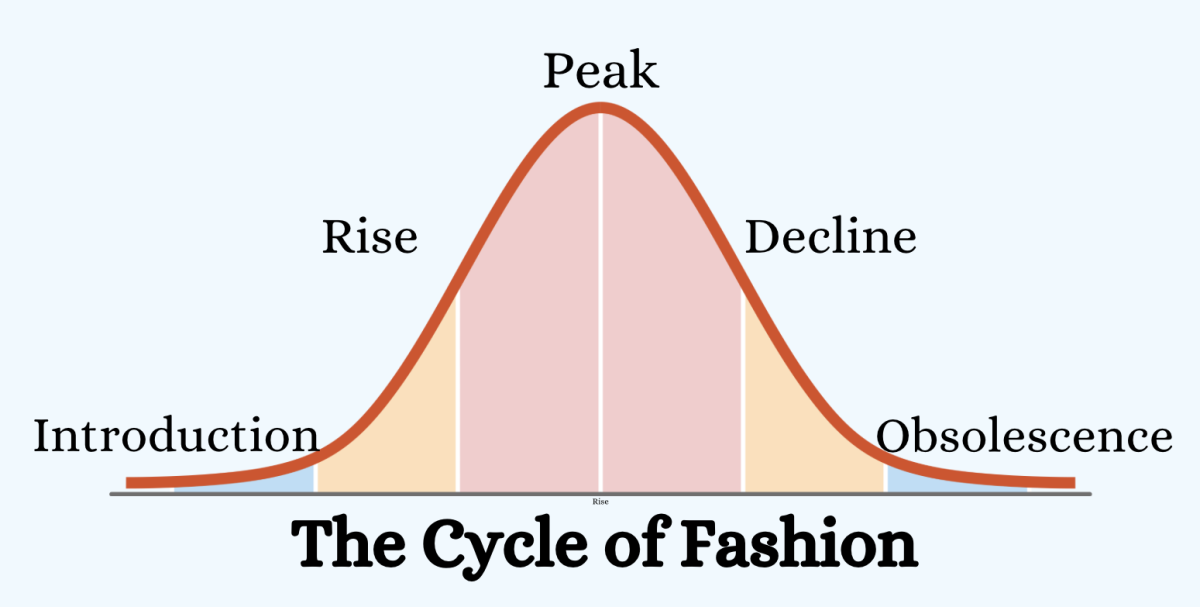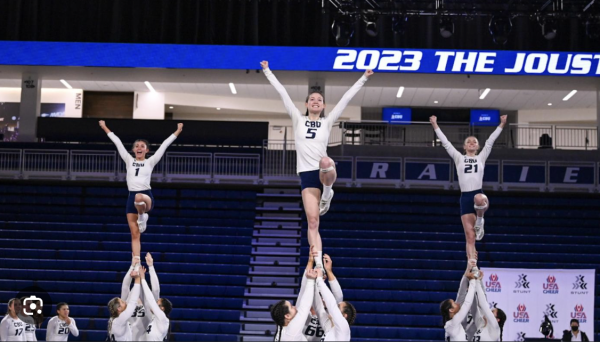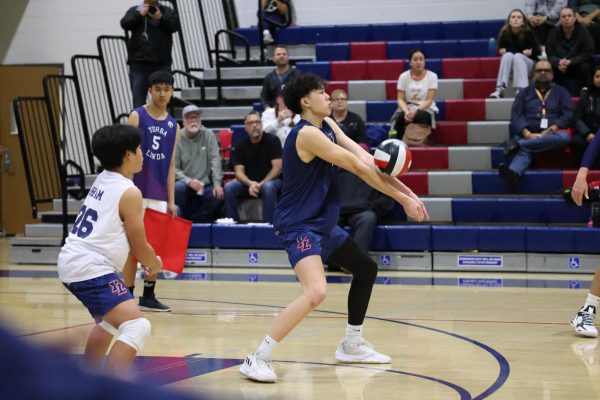To Admire an Athlete
Mikey the Mustang proudly displays his participation medal for lifting a 1/2 pound weight. This may be an accomplishment to him, but to athletes, this feat is child’s play.
September 23, 2019
An interesting trait of humanity is, and always has been, its innate desire for entertainment and people to admire. Interestingly, the sports industry supplies many of these qualities. This use of the athletics industry as entertainment is not a modern notion either, as the glorification of athletes can be seen as far back as gladiator matches in Ancient Rome. It is clear that from the age-old tradition of the Olympic Games to the games that happen at YLHS, society has always embraced and idolized these figures. But why does society admire athletes?
Danielle Huizar (10), a member of the YLHS Women’s Soccer team, suggests that this admiration is due to athletes’ “unique skills in comparison to other extracurricular activities.” These unique skills often include a wide variety of feats of strength, speed, or endurance. As the average human would cringe at the idea of participating in a triathlon or lifting exorbitant amounts of weight, it is clear to see how these testaments to human potential have risen to prominence in society.
Danielle also makes an interesting observation regarding the stress that society places on athletes in general, believing that “athletes playing for entertainment should not be as pressured due to the fact that they are trying to have fun.” This implies that society believes that athletics are primarily a means to obtain victory and entertainment, as opposed to an outlet for fun.
Even people unacquainted with sports believe in the influential nature of athletes. Jeremy Duong (9) personally admires athletes “due to their athleticism, [which allows them to] develop good mindsets and well-structured lives.” This observation is based on the fact that proficiency in any area is rooted in practice and hard work. By the same logic, athletes, particularly professional ones, must make countless sacrifices to both time and diet in order to remain fit and performance-ready. Simply put, people may admire athletes for their diligence and drive for self-improvement.
While many people definitively admire athletes for certain respectable traits, their status when incapacitated is another question entirely. Jeremy also addresses the status of injured athletes to society, as he comments that “injured athletes cannot play and therefore cannot effectively serve as a role model to others.” This viewpoint is justifiable, as many people respect athletes for their prowess and qualities exhibited while competing. Without their presence in the sport, they essentially become normal people.
However, while Savannah Pietsch (12) agrees on the positive influence that athletes have on the public, she believes that “once they overcome their injuries, they show others that they can get through the difficult times. [The public] sees the hard work and determination that the athletes had to use to start participating in their sport again.”
“I think that if athletes focus on playing their sports and keep a good attitude on and off the field, they can be good role models,” Emma Khamo (11) explains. “Being an athlete can teach you how to be a leader and mentally strong. It’s really cool to see what they can do.”

















































